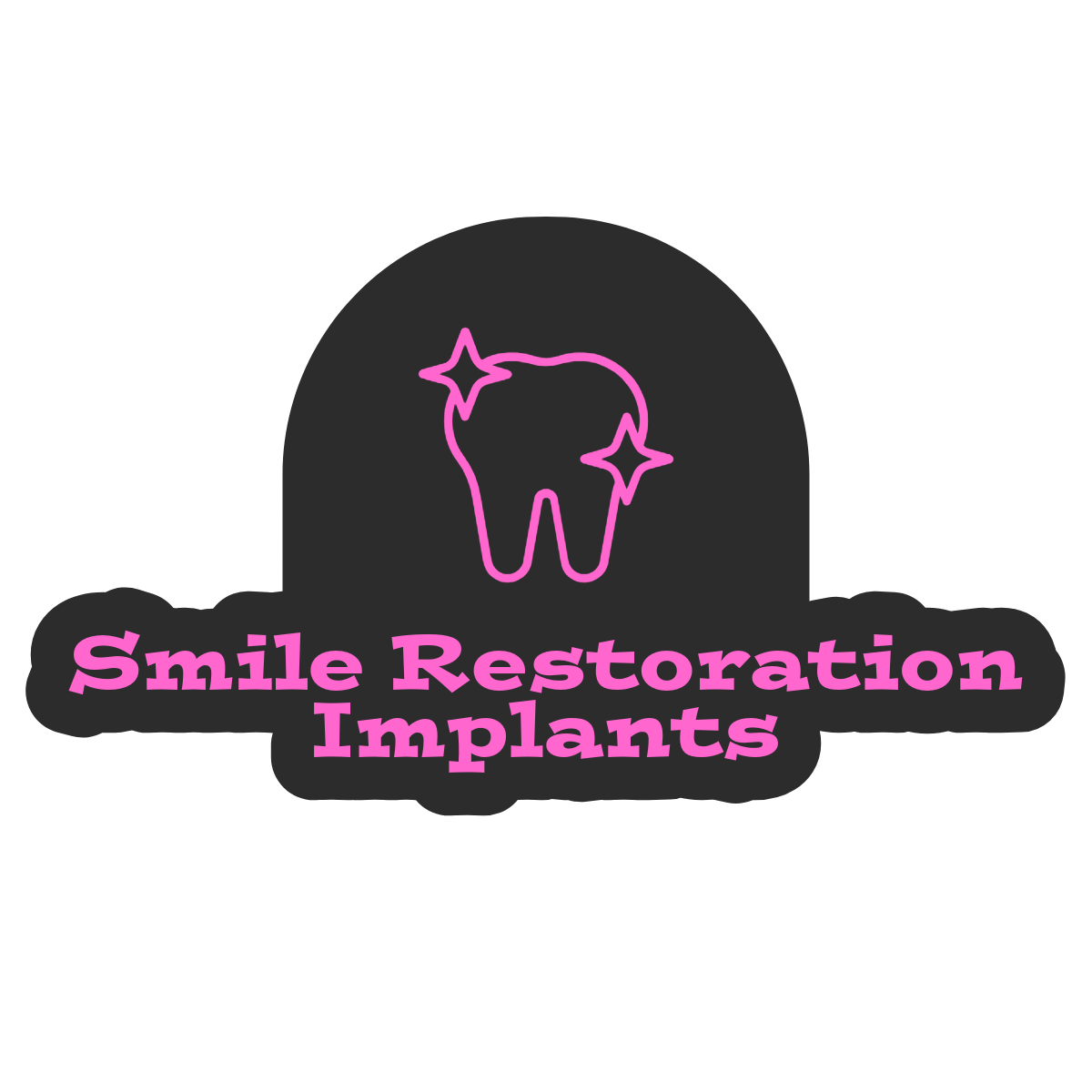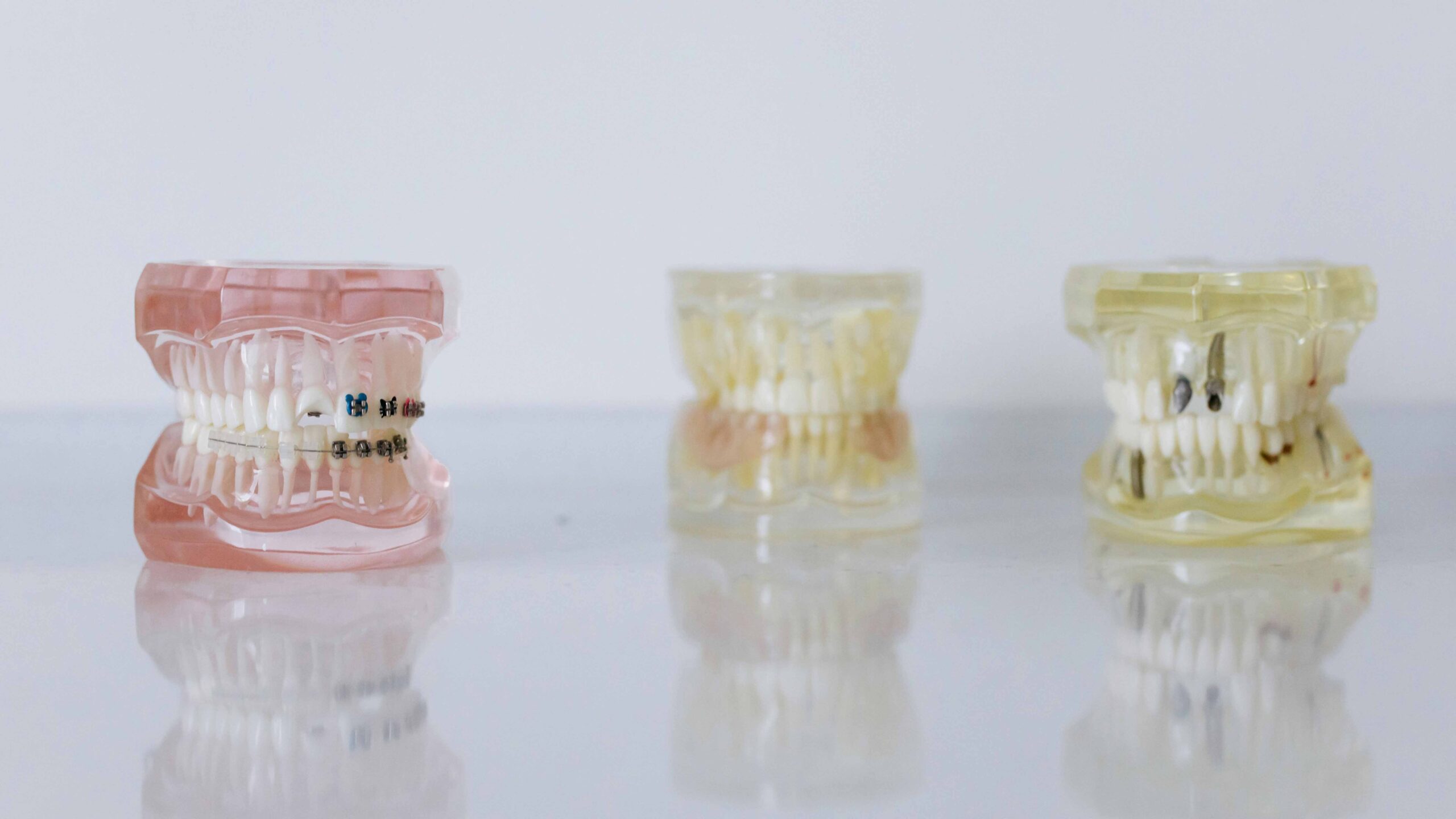Dental implants are a modern solution for tooth replacement, offering a permanent and natural-looking alternative to dentures or bridges. However, for those considering this option later in life or after significant bone loss, questions often arise about the timing of getting dental implants. Is there an age or health condition when it becomes “too late” to get dental implants? This article dives into what dental implants are made of, how age and bone health impact implant candidacy, and the factors that may determine the best time to get them.
What Are Dental Implants Made Of?
Dental implants are composed primarily of three parts: the titanium implant post, the abutment, and the crown. Each of these components is carefully designed to ensure the stability, durability, and natural appearance of the implant.
- Titanium Implant Post: The main body of a dental implant is typically made of titanium, a biocompatible metal that fuses naturally with bone. Titanium has been the material of choice for many years because it’s lightweight, strong, and able to withstand the forces of chewing. Titanium also allows for a process called osseointegration, where the bone grows around and bonds to the implant, providing a secure foundation for the replacement tooth.
- Abutment: This connector piece is also commonly made of titanium or sometimes zirconia. It links the implant post to the dental crown. The abutment is designed to provide support and stability, securing the crown and ensuring that the implant can handle regular bite forces.
- Dental Crown: The visible part of the dental implant, which looks and functions like a natural tooth, is usually made of porcelain or ceramic materials. These materials are custom-designed to blend seamlessly with the color and shape of a patient’s existing teeth. Ceramic and porcelain crowns are durable and mimic the light-reflective properties of natural enamel.
Age and Dental Implants: Is There a Cutoff?
Dental implants are a viable option for most adults, including those who are well into their senior years. However, several age-related factors can influence whether someone is a good candidate:
- Bone Density: Bone health is critical for dental implants. Over time, especially if a person has been missing teeth for a long period, bone density in the jaw can decrease, making it challenging to place an implant securely. However, modern techniques like bone grafting can restore bone mass in the jaw, allowing even those with reduced bone density to become candidates for dental implants.
- Health Conditions: As people age, they may develop health conditions like diabetes or osteoporosis, which can affect bone quality and healing capacity. While these conditions don’t necessarily preclude someone from getting dental implants, they may require additional precautions or treatments to ensure successful outcomes.
- Lifestyle Factors: Smoking and certain medications can affect bone health and healing after dental implant surgery. Those considering implants later in life should discuss their lifestyle and medications with a dental professional to understand how these factors could impact implant success.
When Might It Be Too Late for Dental Implants?
While there isn’t a specific age cutoff for getting dental implants, certain circumstances can make it more challenging to achieve successful results. Here are three situations when it might be considered “too late”:
- Severe Bone Loss Without Restoration: If a patient has experienced significant bone loss and does not undergo procedures like bone grafting to restore bone volume, placing a dental implant may be more difficult. Since dental implants rely on strong bone support, untreated bone loss can reduce the likelihood of long-term success.
- Untreated Oral Health Conditions: Conditions such as gum disease or advanced periodontal disease can make it challenging to proceed with dental implants. In these cases, addressing underlying issues is essential before considering implants.
- Advanced Health Complications: For patients with uncontrolled diabetes, immune disorders, or heart conditions, surgery can carry added risks. While dental implant procedures are generally safe, advanced health complications may necessitate additional consultations with healthcare providers to determine if implants are advisable.
Dental Implants After 60, 70, and Beyond
In most cases, age alone is not a limiting factor for dental implants. Many older adults, including those over 70 or even 80, can still be excellent candidates, provided they have sufficient bone density and manageable health conditions. Dental implants offer life-changing benefits for seniors, such as improved chewing ability, better nutrition, and enhanced self-confidence. However, it’s essential to consider that older patients may have a slightly longer recovery period, especially if bone grafting or other preparatory procedures are needed.
Steps to Take if You’re Considering Dental Implants Later in Life
- Comprehensive Dental Examination: An evaluation that includes X-rays or 3D imaging can assess bone density and determine if additional procedures like bone grafting are necessary. This assessment also allows your dentist to tailor a treatment plan based on your individual needs.
- Health Assessment: Consulting with both your dentist and primary care physician can help ensure that any underlying health conditions are stable before undergoing dental implant surgery.
- Lifestyle Adjustments: If you smoke or take certain medications, discussing how these factors may impact your candidacy for dental implants with your dental provider can improve the outcome of the procedure.
- Exploring Alternatives: In cases where dental implants are not viable, other options like implant-supported dentures or partial dentures may be explored. These alternatives can also provide significant improvements in function and appearance.
Conclusion: It’s Rarely “Too Late” for Dental Implants
While some factors, such as bone health and overall physical condition, can influence the timing and viability of dental implants, it’s rarely “too late” to consider this life-enhancing treatment. Advances in dental technology, including bone grafting and digital implant planning, have made dental implants a feasible option for many adults well into their later years. For those wondering whether dental implants are still an option, a consultation with a dental professional can provide personalized insight and ensure the best possible outcome.


Leave a Reply